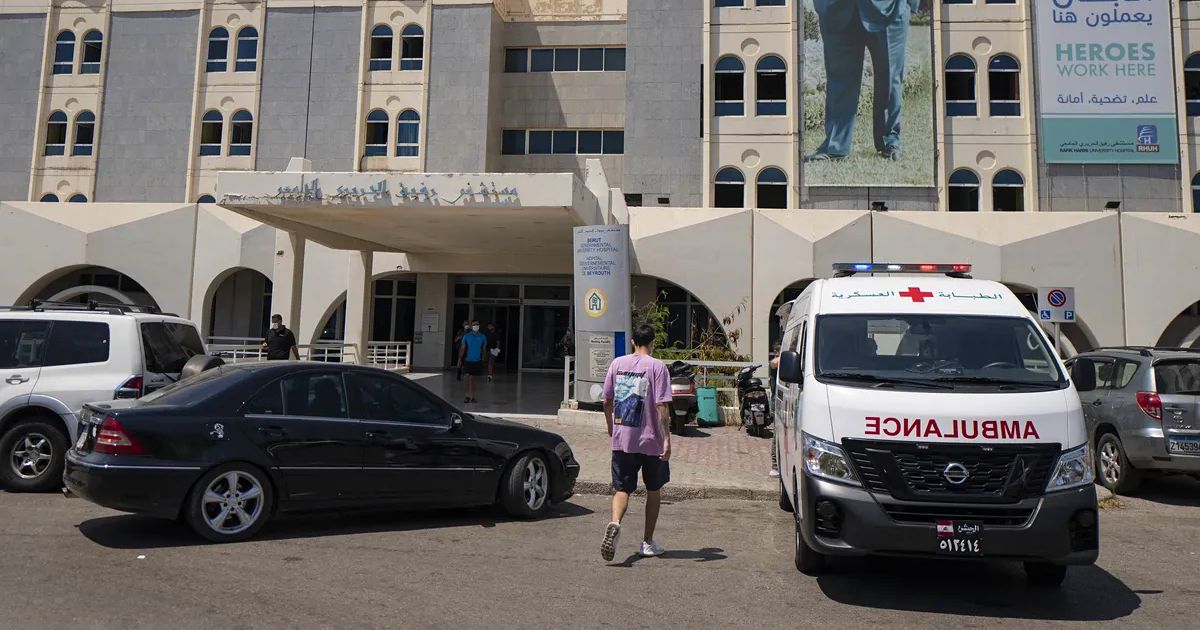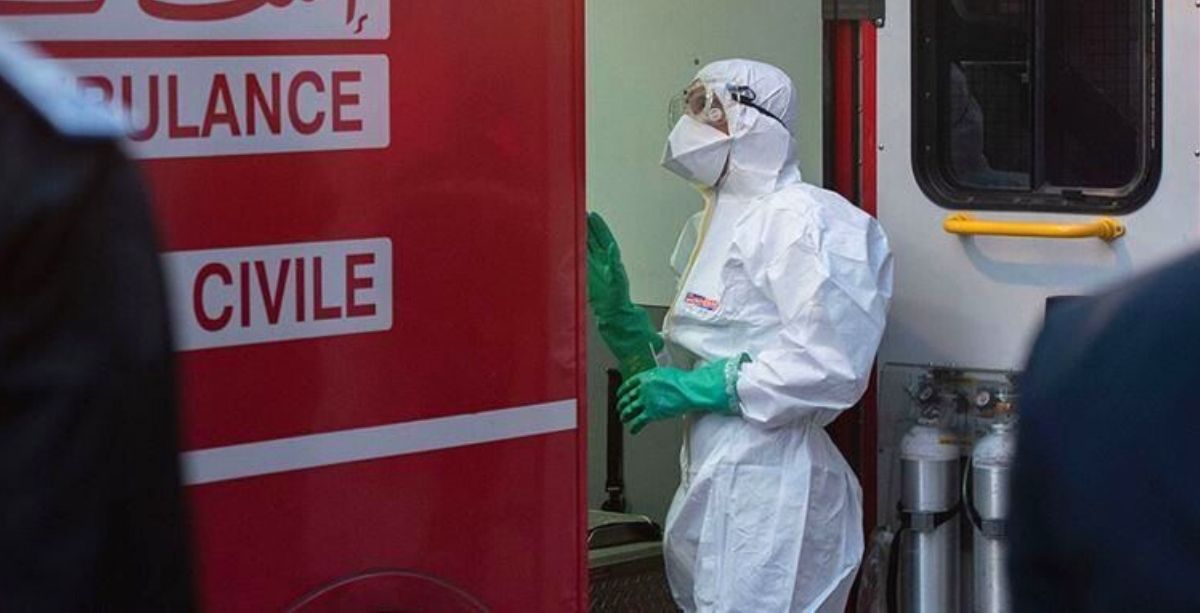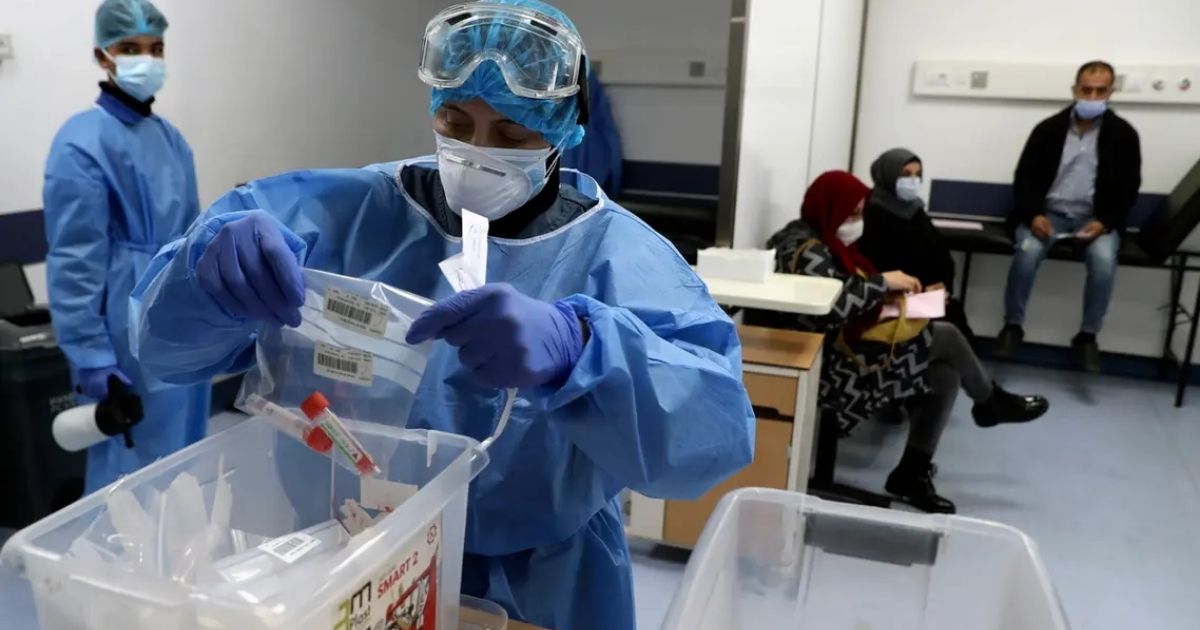In a public statement on March 13th, the leader of the Lebanese Forces party, Samir Geagea, urged the Lebanese government to “lockdown” the entire country as a prevention against the Coronavirus outbreak.
Geagea warned that his party may file lawsuits against Prime Minister Hassan Diab and Health Minister Hamad Hasan should the number of cases increase drastically across the country.

In his statement at his press conference, he stressed that if the government doesn’t take the necessary measures, he predicts a significant increase in the Coronavirus infections in Lebanon in a manner that exceeds the capacity of hospitals and medical crews.
The most unexpected aspect of his speech was perhaps his direct jabs at current Prime Minister Hassan Diab, threatening the premier and the minister of health with lawsuits.
He stated the government must issue a national lockdown immediately. He warned that should the disease spread “we will see people dying before reaching hospitals, and others piled at the gates of hospitals for a simple reason, which is that we don’t have medical equipment.”
Similarly, other Lebanese politicians have also called on the government for a state of a health emergency and expressed their strong ‘dissatisfaction’ at how PM Diab’s government is handling this crisis.

Among them Walid Joumblatt, who accused the government of “being more and more totalitarian.”
However, Minister of Health Hamad Hasan said on Thursday that Lebanon cannot declare an official state of emergency because it would drastically harm the economic standing of multiple Lebanese citizens nationwide.
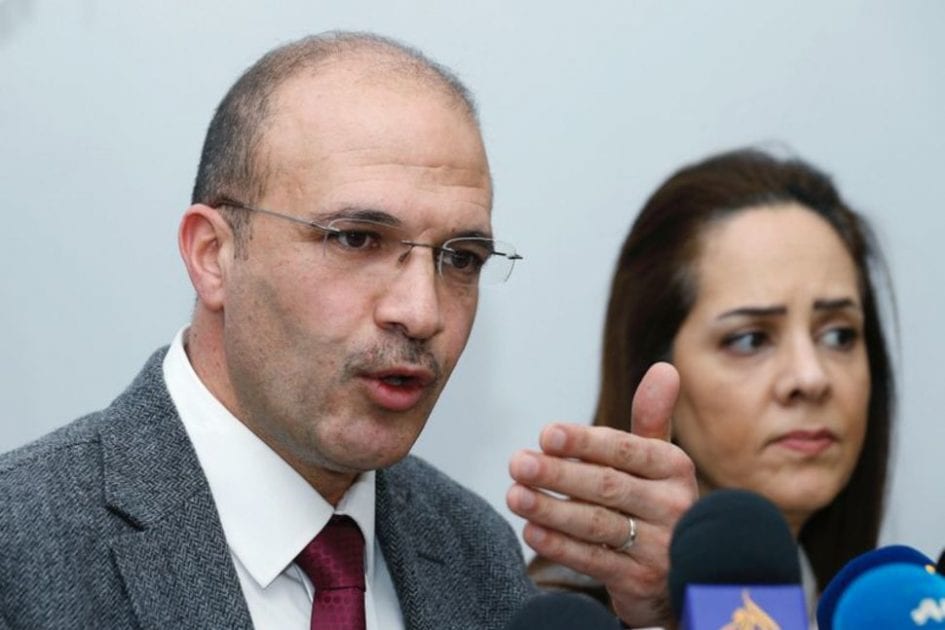
Nonetheless, the health minister has announced last week that it can no longer contain the outbreak, and Lebanon has already confirmed 93 Coronavirus cases so far and three recorded deaths, as of March 14th noon.
On Wednesday this week, restaurants and cafes across the country were instructed to shut down and suspension of flights from 11 virus-hit nations was declared by the government.
Lebanese citizens were given a four-day deadline to return from these seven countries before being prevented from doing so altogether.
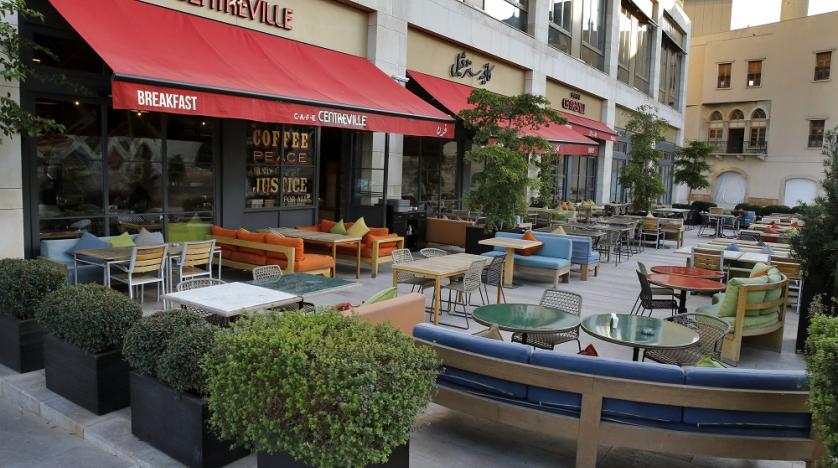
That’s in addition to previous closure across the country of academic institutions, sports clubs, nightclubs, pubs, and other crowded venues. Some food retailers are maintaining their delivery services while they can.
With Lebanon already battling through one of its most devastating economic crises since its Civil War already, these closures are definitely hurting the small-to-medium businesses more than ever.



